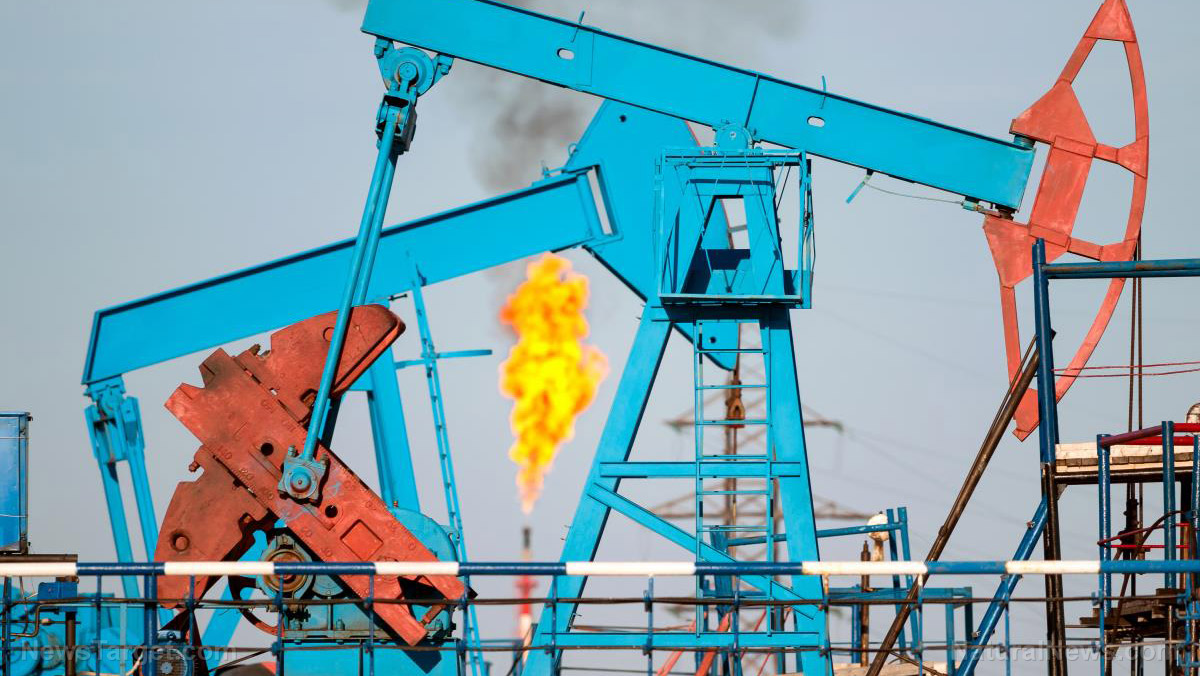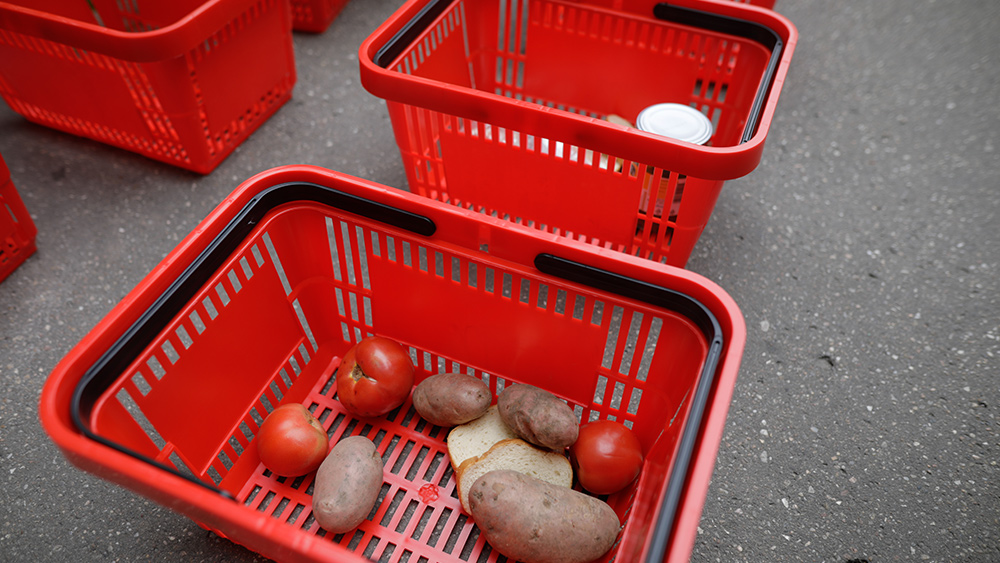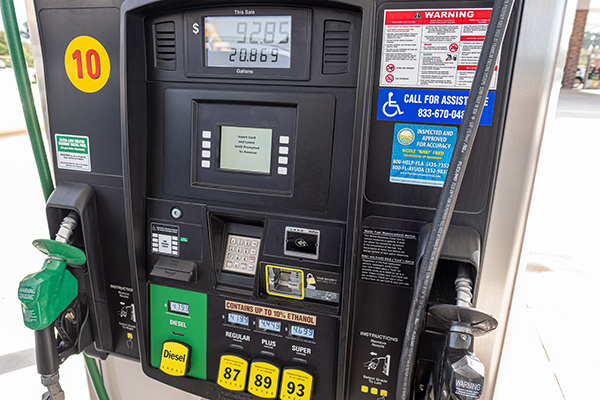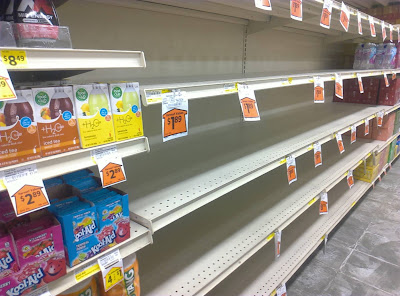Iowa factory culls over 5 million chickens after ONE bird flu case, lays off 250 workers after burying dead birds
05/04/2022 / By Mary Villareal

Workers at one of the world’s largest egg factories spent nearly a month pulling the dead birds from their cages and dumping them in carts before they were piled high in nearby fields to be buried in huge pits.
One morning in March, Rembrandt Enterprises workers were told to forget about their usual routine of collecting the eggs and feeding the birds because the factory started slaughtering over five million chickens when they detected a single case of avian flu.
Even their supervisors had to work on dragging the hens out of packed cages to be buried, as the factory based in Rembrandt, Iowa, raced to contain the spread of the virus amidst what is now the largest bird flu outbreak in the United States in seven years.
The culling also happened at chicken and turkey farms in 28 other states, with over 22 million birds killed in the attempt to contain the outbreak. The majority of it, however, is in Iowa, which is the biggest producer of eggs in the United States. The slaughter of the 5.3 million hens at Rembrandt is the largest culling in the country.
The company culled the chickens using a ventilation shutdown plus (VSD+) system, which closes off air to the barns while pumping in heat until temperatures rise above 140 degrees, essentially cooking the birds alive.
Animal Outlook, an animal rights group, used the freedom of information laws to obtain records of experiments from the North Carolina State University that showed VSD+ causing “extreme suffering to the hens” as they “writhe, gasp, pant, stagger and even throw themselves against the walls of their confinement in a desperate attempt to escape.”
However, James Roth, an adviser to the federal government on biosecurity, said VSD+ is the most efficient way of containing the spread of bird flu.
Over 250 cut off from work following culling
After the killing and burying of the animals, Rembrandt Enterprises cut off about 250 employees, leaving only a few dozen people to staff the factory. (Related: Government says “bird flu” responsible for rising egg prices.)
Oscar Garcia, a former supervisor at the plant, said everybody was worried about the chickens. But while the bird flu does pose a real problem, it was inhumane the way the chickens were killed, and people who worked in those barns to pull out dead birds were working in terrible conditions during their 12- to 14-hour workdays.
“They couldn’t protest because then they’d be fired and lose their redundancy pay. Then they’re thrown out of work and no one speaks for them,” he said.
However, after all the chickens have been buried, workers were told to attend a meeting, where they found a stack of yellow envelopes. “That’s like showing a knife to a chicken. You know what’s going to happen next. We worked ourselves out of a job. I saw people who had years and years of experience just being let go. It was totally unexpected,” a worker said. (Related: Pandemic? Bird flu found at multiple poultry farms in Alabama.)
Some thought the layoff may be temporary, but they were given redundancy payments and told to find other jobs, raising questions about the future of the plant.
Influenza.news has more stories about the avian flu outbreak.
Watch the video below for more information on the culling of chickens and other news of the bird flu that is spreading across the United States.
This video is from the Evolutionary Energy Arts channel on Brighteon.com.
More related stories:
“White striping” disease found in 99% of store-brand chicken sold in major supermarkets.
Real meat for me, but not for thee: Globalists pushing lab-grown meat for the masses.
Sources include:
Submit a correction >>
Tagged Under:
avian influenza, bird flu, culling, euthanasia, factory layoffs, food collapse, food supply, infections, inhumane killings, insanity, iowa, outbreak, panic, poultry, Rembrandt Enterprises
This article may contain statements that reflect the opinion of the author
RECENT NEWS & ARTICLES
COPYRIGHT © 2022 FuelSupply.news
All content posted on this site is protected under Free Speech. FuelSupply.news is not responsible for content written by contributing authors. The information on this site is provided for educational and entertainment purposes only. It is not intended as a substitute for professional advice of any kind. FuelSupply.news assumes no responsibility for the use or misuse of this material. All trademarks, registered trademarks and service marks mentioned on this site are the property of their respective owners.




















